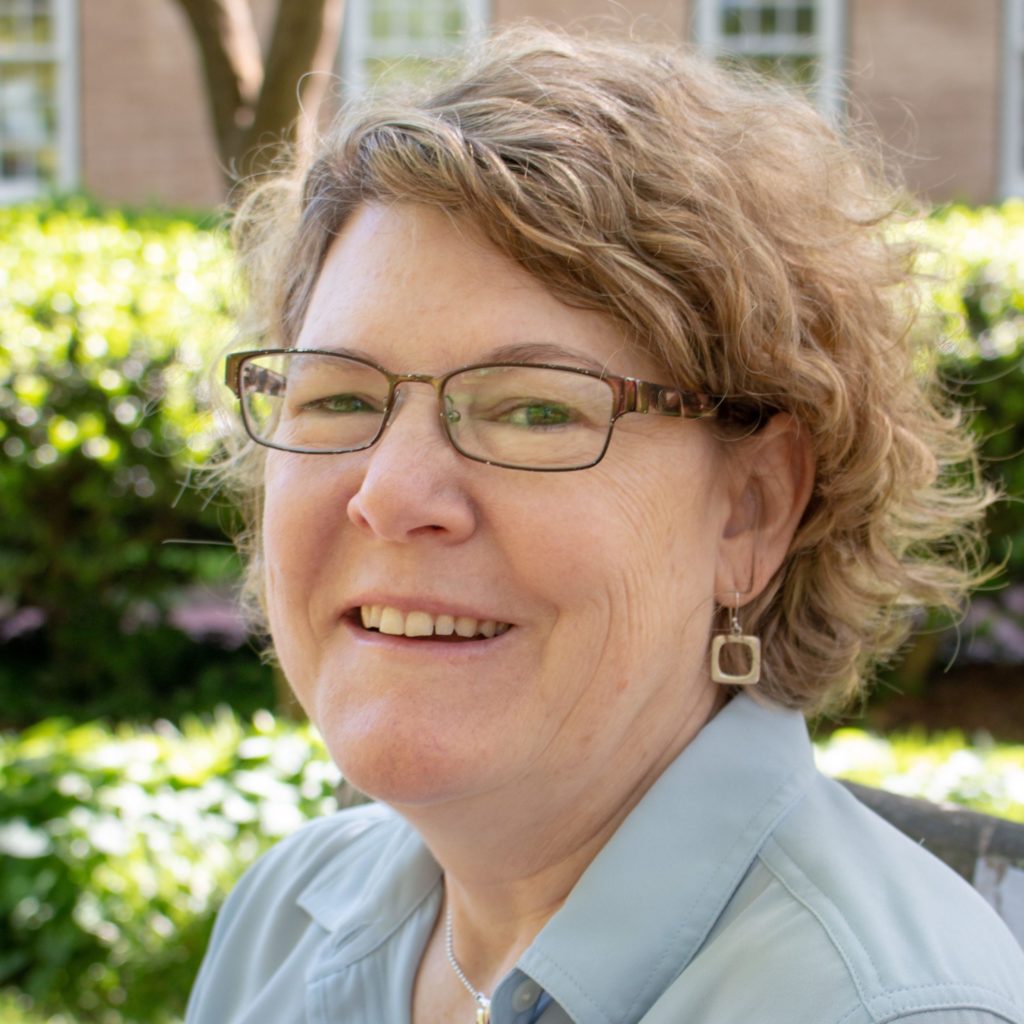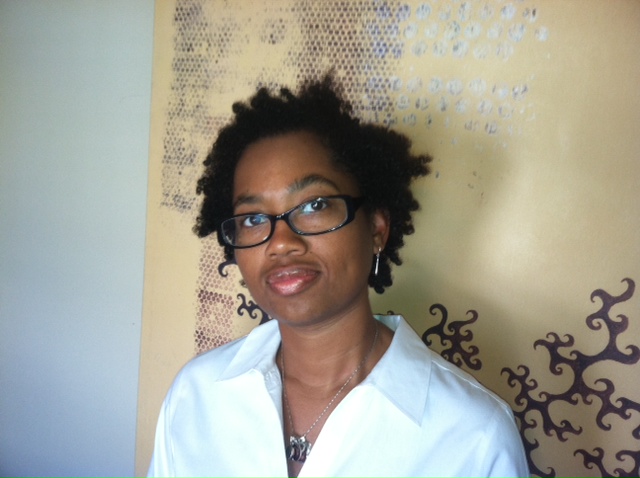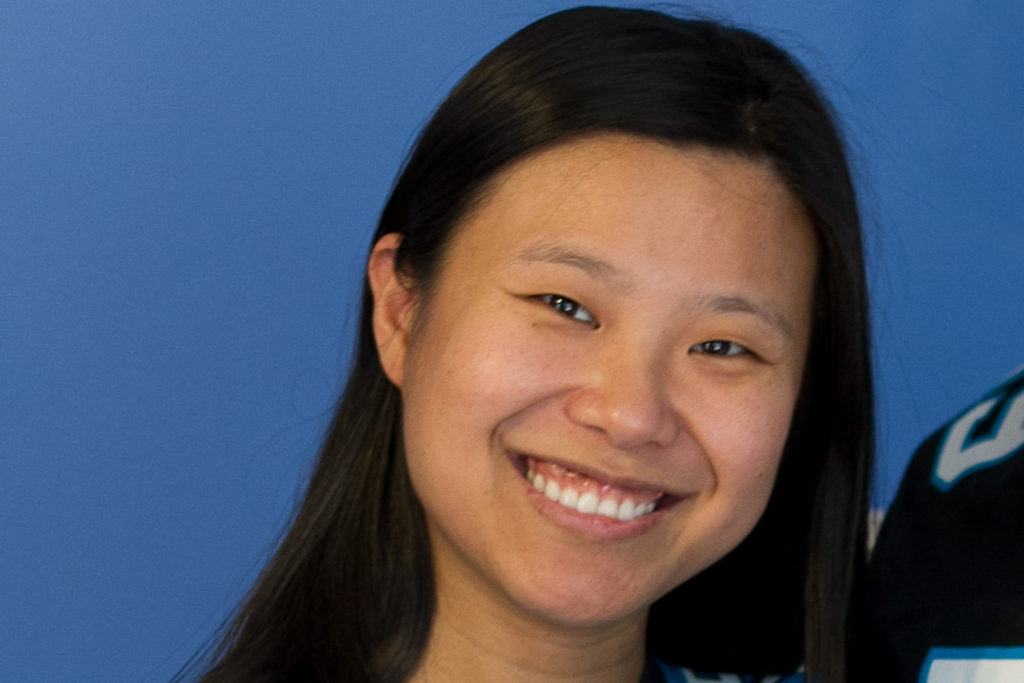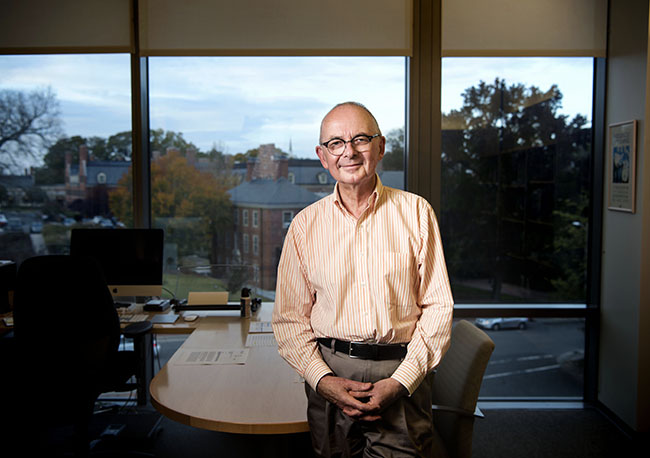
Let’s say you’re a student at UNC, and you’re trying to decide whether to be a doctor. How do you go about making that choice?
Probably you’d try to imagine how you’d feel as a doctor, what your day would be like, and whether you’d find it satisfying. Then you might imagine doing something else: maybe graphic design, or dentistry, or staying home with the kids. You’d try to pick which of those lives you’d like best.
That’s what a lot of people call reasonable decision-making, says UNC philosopher Laurie Paul. It’s the way many twenty-first-century Americans make other major life choices, too, such as having a child or getting a PhD. But there’s a problem—that way of making decisions just doesn’t work, Paul writes in a paper called “What you can’t expect when you’re expecting.”
The trouble, she says, is that sometimes we can’t get anywhere close to knowing what the future we’re imagining will be like. It’s just too different from anything we’ve experienced in the past. “Being a trauma doctor in the ER at midnight, trying to save someone’s life, is remote from the experiences you have as a first-year college student,” Paul points out. “You’re having to make that decision in a kind of void. It’s a leap of faith.”
Paul had this type of experience herself when she decided to have a child. Maybe in part because she’s a philosopher, she’d really done her research—she read books about motherhood and put a lot of time and thought into the decision. “But I was shocked by the reality of what it was like,” she says. “It changes your life in a fundamental way. What I cared about before I had my kids is completely different than what I care about now. Not in all dimensions—I care just as much about my work, for example. But I think about even that differently.”
What does all this have to do with philosophy? It’s about decision theory, Paul says. Used by philosophers, economists, statisticians, and others, decision theory describes an ideal way to make good choices. Leaving out the mathematics, it works like this: first you determine what the different outcomes of a choice might be, and then you weigh how likely each outcome is to happen.
Some people go with the safest bet: the choice that’s most likely to have a good outcome (like putting your savings in a safe place, such as a money market account). Others go with a choice that’s riskier but offers higher potential rewards (like playing the stock market). Whichever way you choose, you’re using decision theory: weighing risks versus rewards.
Of course, decision theory doesn’t work perfectly in the real world. When we make choices, Paul says, we often don’t know for sure which outcome will be best for us. (Will Social Security and my savings be enough, or will I wish I’d put more in a retirement account?) Or we don’t know for sure how likely an outcome is to happen, so it’s hard to make a safe bet. (If I put money in a 401(k), will it gain or lose by the time I retire?) When we run these scenarios in our heads, we have to guess and estimate. Still, this rough approximation of decision theory is the accepted “rational” way many of us make choices. We weigh the different outcomes as best we can, and then we choose.
Decision theory may be the best way to do your financial planning. But it flat-out doesn’t work with having a kid, Paul says. Being a first-time parent involves a lot of new experiences, such as tending to the needs of a child who belongs to you and no one else. And those new experiences change who you are in ways you can’t necessarily predict before you have a child. Many people who think kids are a lot of fun find that the day-in, day-out experience of parenting is far more stressful than they’d imagined.
That doesn’t mean Paul thinks the more rational choice is tonot have a child. For someone who isn’t all that into kids, it might seem sensible not to have any. But some people who don’t like children in general get blindsided by how much they love their own. Without experiencing the changes in brain chemistry that happen to both mothers and fathers after birth, we can’t know for sure how we’d feel in that situation. (Paul points out at the start of her paper that she’s talking about having kids biologically, not about adoption, but she thinks that adoption is also the kind of transformative experience that you can’t accurately imagine in advance.)
According to Paul, what we’re doing when we choose whether we want children goes beyond the normal guessing and approximating of real-world decision theory. When our decisions are about having kids and other radically new experiences, we’re choosing for or against things we fundamentally just can’t know about. Nor can we simply trust the positive experiences of people who are already parents, she says. Studies on parenthood, summarized in Paul’s paper, seem to show little evidence that parents feel more life satisfaction than adults without children.
So where does that leave us—should we just make life choices at random? Paul’s working on a book right now, expanding her ideas from “What you can’t expect when you’re expecting,” about the problems with how we make life decisions. She’s quick to tell me not to expect a new, point-by-point system for decision-making in her book. She does give one tip, though:
To decide to be a parent, Paul says, is to embrace a role: that of mother or father. “You can make the choice knowing that you don’t know what it’s going to be like,” she says, “but knowing that this is something people do as part of how they live their lives.” In other words: when we make certain life decisions, we’re just doing what people do. That’s not the most satisfying basis for a choice to create a new human life, or to throw yourself into a long, hard slog of medical school, residency, and debt.
“My view is not that it is right or wrong to have children, nor that you should not be happy with your choice,” says Paul, who went on to have a second child. “My view is simply that you need to be honest with yourself about the basis for this choice.
“Maybe we have to confront the thought that we don’t have as much control over our future lives as we thought.”
By Susan Hardy, Endeavors Magazine




